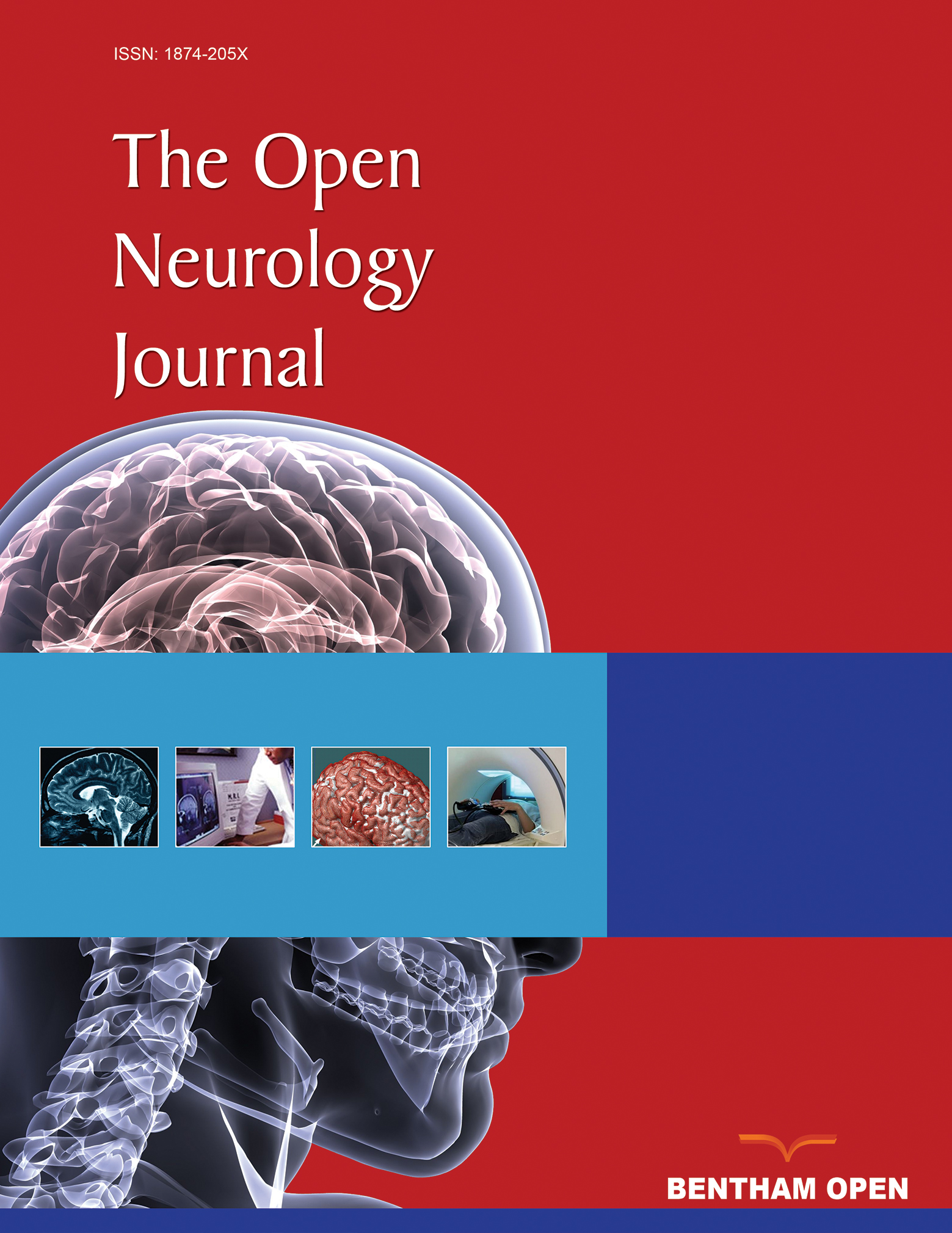Cognitive and Language Deficits in Multiple Sclerosis: Comparison of Relapsing Remitting and Secondary Progressive Subtypes
Abstract
Objective:
The objective of this study was to investigate the pattern and severity of cognitive and language impairment in Greek patients with Relapsing-remitting (RRMS) and Secondary Progressive Multiple Sclerosis (SPMS), relative to control participants.
Method:
A prospective study was conducted in 27 patients with multiple sclerosis (PwMS), (N= 15) with RRMS, (N= 12) with SPMS, and (N= 12) healthy controls. All participants were assessed with a flexible comprehensive neuropsychological – language battery of tests that have been standardized in Greece and validated in Greek MS patients. They were also assessed on measures of disability (Expanded Disability Status Scale; EDSS), fatigue (Fatigue Severity Scale; FSS) and depression (Beck Depression Inventory - fast screen; BDI-FS).
Results:
Our results revealed that groups were well matched on baseline demographic and clinical characteristics. The two clinical groups (RRMS; SPMS) did not differ on overall global cognitive impairment but differed in the initial encoding of verbal material, mental processing speed, response inhibition and set-shifting. RRMS patients differed from controls in the initial encoding of verbal material, learning curve, delayed recall of verbal information, processing speed, and response inhibition. SPMS patients differed in all utilized measures compared to controls. Moreover, we noted increased impairment frequency on individualized measures in the progressive SPMS group.
Conclusion:
We conclude that MS patients, irrespective of clinical subtype, have cognitive deficits compared to healthy participants, which become increasingly worse when they convert from RRMS to SPMS.On the contrary,the pattern of impairment remains relatively stable.


